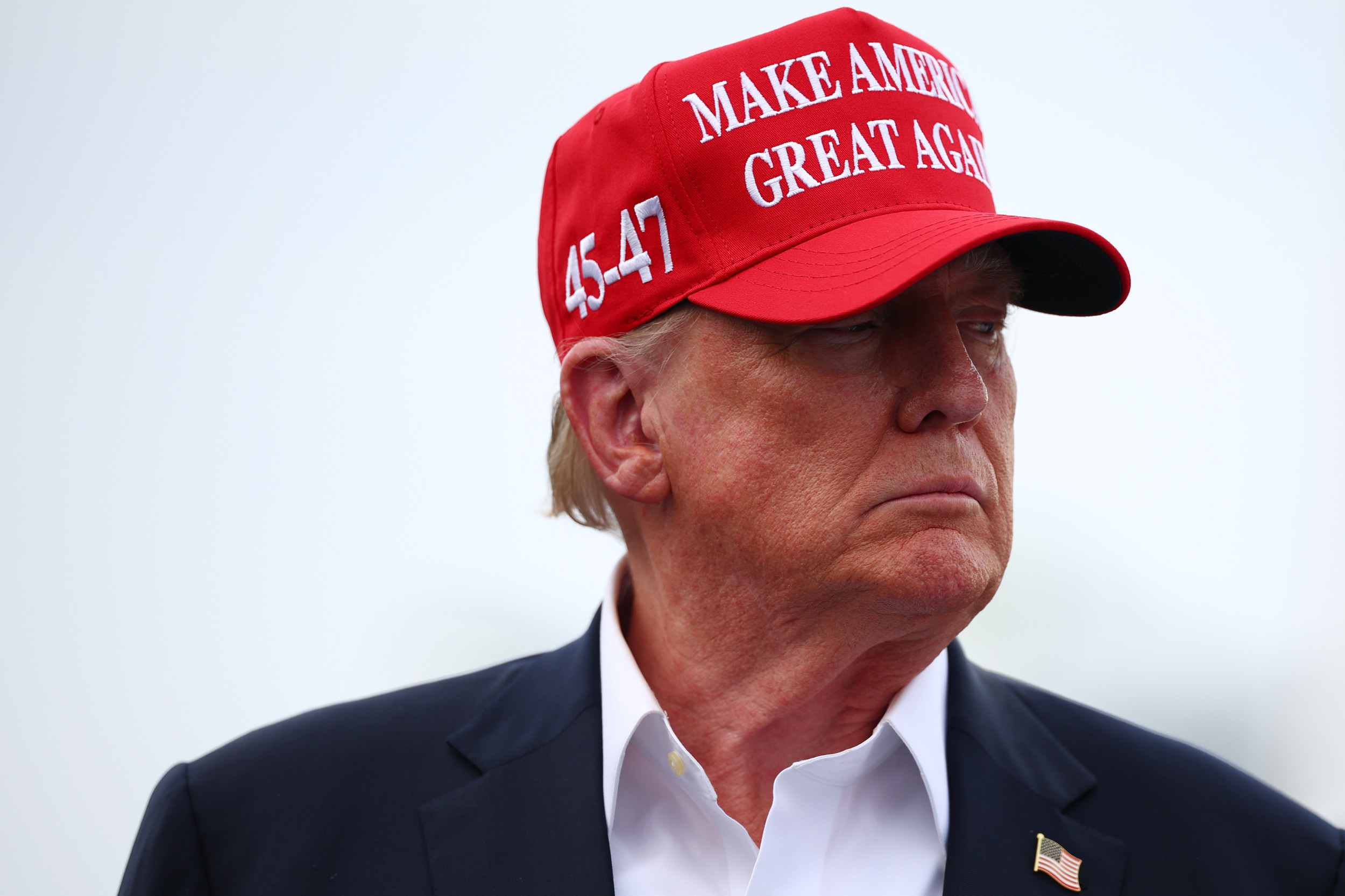Additional ethics questions surround Supreme Court Justice Samuel Alito after reports surfaced that he sold shares of Anheuser-Busch while the beer company faced calls for boycotts from conservatives last year.
According to financial disclosure filings, Alito sold between $1,000 and $15,000 of Anheuser-Busch stock on August 14, 2023. On the same day, he purchased stocks in Molson Coors, a rival beer company that saw an uptick in its stock prices after the onset of backlash against Anheuser-Busch last spring over one of its brands, Bud Light, partnering with transgender influencer Dylan Mulvaney.
Alito's stock activity was first reported by Chris Geidner, a journalist who writes for the Substack site Law Dork. Geidner cited filings with the Federal Judicial Financial Disclosure Reports database, as did CNBC's report.
Newsweek reached out to the Supreme Court for comment Monday evening via email.

The reports regarding Alito's investment choices arrived a few days after The New York Times reported that an inverted American flag flew outside the justice's home in the aftermath of the 2020 election—a symbol used by supporters of former President Donald Trump to contest President Joe Biden's win. Alito claimed that he had no involvement in the flag placement and told the Times that it was hung by his wife, Martha-Ann Alito.
Some legal experts questioned if Alito's actions violated the court's code of ethics, which maintains that justices stay impartial and avoid making any political statements on issues that could be brought before them. The Supreme Court has already heard arguments on whether presidential immunity shields Trump from facing charges connected to his actions after the 2020 election, as the former president is charged with unlawfully attempting to remain in office despite losing.
Several Democrats have called on Alito to recuse himself from Trump's immunity case in light of the Times report. Conservative Supreme Court Justice Clarence Thomas has also faced calls to remove himself from the case over his ties to GOP megadonor Harlan Crow.
The timing of Alito's choice to sell Anheuser-Busch stock raises questions on whether the justice was participating in the push to boycott the company. Geidner, former legal editor at BuzzFeed News, wrote on Monday: "Participating in a boycott is undeniably a political statement."
"And there are pending cases for which participation in an anti-trans beer boycott could be seen as his having a finger on the scale of justice on the side of the anti-trans advocates supporting—and in some cases, defending—these laws such that recusal could be required," Geidner added.
MSNBC legal blog writer Jordan Rubin said in a op-ed on Monday that Supreme Court justices "have lifetime appointments at decent salaries. They don't need to own and sell individual stocks."
"Whatever Alito's intentions, this is an issue of the justice's own making," Rubin added. "There's no need for justices to own and sell individual stocks—as opposed to, say, investing in mutual funds if they want to avoid these sorts of recusal questions ... Alito and the court have enough (self-imposed) problems. This is an easy one to solve."
Other legal experts cast doubt on whether Alito's investment activities could be seen as a political statement. Steven Mazie, Supreme Court correspondent for The Ecomonist, wrote on X, formerly Twitter, on Monday that it was a "reach" to raise ethics questions in response to the reports.
"Maybe Alito sold Anheuser-Busch [because] he didn't want to lose money on a stock that was dropping," Mazie wrote. "Or maybe he did sell it as part of the boycott. But he's free to buy & sell stuff in line with his beliefs. Quite different from flying a coup flag for all to see."
Indiana University Bloomington Maurer School of Law professor Charles Geyh told the National Review: "Measured against that yardstick, there is nothing problematic about a justice selling his stock in a company because it is losing its share value" or to sell "stock in a company that is doing things he regards as ill-advised."
"If he made a speech in which he disparaged trans people or opined that such people were undeserving of equal rights, we'd be having a different conversation," Gehy told the conservative magazine. "But to draw negative inferences about the justice's impartiality from the mere fact that he sold stock in a company when it was under fire is too attenuated a connection to warrant concern."
Uncommon Knowledge
Newsweek is committed to challenging conventional wisdom and finding connections in the search for common ground.
Newsweek is committed to challenging conventional wisdom and finding connections in the search for common ground.
fairness meter
To Rate This Article
About the writer
Kaitlin Lewis is a Newsweek reporter on the Night Team based in Boston, Massachusetts. Her focus is reporting on national ... Read more





